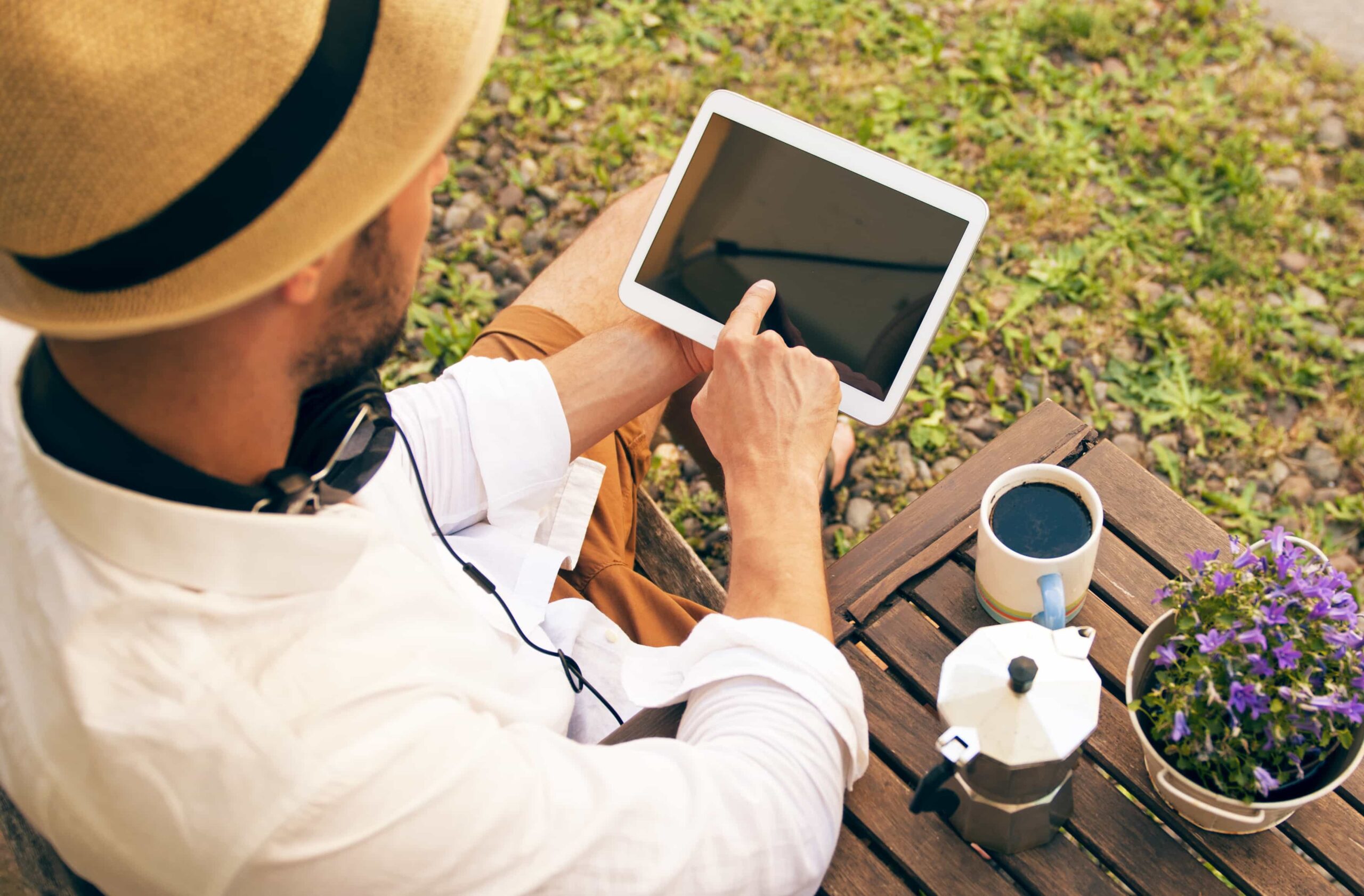Getting more done with fewer interruptions
Learn how multi-tasking affects your productivity, and not in the positive ways you might think.
So you think you’re pretty good at multi-tasking? Well, research[1] tells us we’re not – in fact we’re awful at it!
And, according to Dr Julia Irwin, Senior Lecturer in Psychology at Macquarie University who specialises in cognitive behaviour, we can’t perform multiple tasks with the same level of skill as when we perform tasks one at a time.
The effect of multi-tasking on work productivity
In fact, when we try to multi-task, we lose microseconds of time where we have a temporary mental blank (called a ‘post-refractory pause’) as our thoughts switch from one task to concentrate on another.
Then we spend more time ‘getting up to speed’ on the second task. By the time we revert back to the original task, it can take up to 15 minutes for our brains to refocus our thoughts ─ which makes us lose even more time.
So if multi-tasking is not the answer, how do we get through all of our important tasks at work in a more efficient way? One answer is to reduce the amount of interruptions we get in a day.
Tips for reducing interruptions
Dr Irwin recommends we decide what tasks we want to achieve, set aside a particular time to do them and advise colleagues that we won’t be responding to phone calls or emails during this time.
She also endorses Peter Bregman, author of a book called 18 Minutes, who suggests we should spend the first 18 minutes of our working day getting important tasks done before we read emails or have our first cup of coffee!
Here are some more tips for reducing interruptions at work:
- If you have instant messaging on your computer, change your status to ‘Do not disturb’ or ‘Busy’ (but don’t forget to turn it back on to ‘Available’ when you’re free again).
- Listen to music on your headphones. This way you won’t be preoccupied by office conversations or other noises in your workplace. But, remember to keep the volume down so you don’t distract yourself or other workers.
- Work at different times. If you have an urgent task and you’re easily distracted by others, come into work a little earlier (if you’re a morning person) or leave a bit later so you can get the job done when less people are around.
- Go somewhere quiet. Book a meeting room or go to a quiet room. Dr Irwin recommends that her students who struggle with procrastination go to a place such as a café where they can chat for 15 minutes then “just shut up and write” for an hour before taking a break.
Reducing interruptions should help you to be more productive at work, by allowing you to achieve more in less time, and with less stress.
Online source: Produced by AMP Life Limited Original article.
© AMP Life Limited. This provides general information and hasn’t taken your circumstances into account. It’s important to consider your particular circumstances before deciding what’s right for you. Although the information is from sources considered reliable, AMP does not guarantee that it is accurate or complete. You should not rely upon it and should seek qualified advice before making any investment decision. Except where liability under any statute cannot be excluded, AMP does not accept any liability (whether under contract, tort or otherwise) for any resulting loss or damage of the reader or any other person
[1]American Psychological Association. (2006). Multitasking: Switching costs: http://apa.org/research/action/multitask.aspx;



